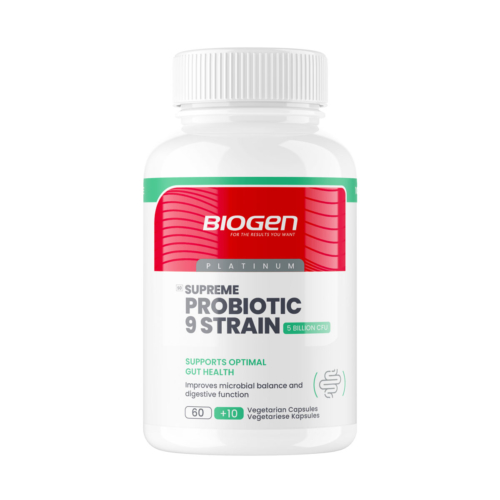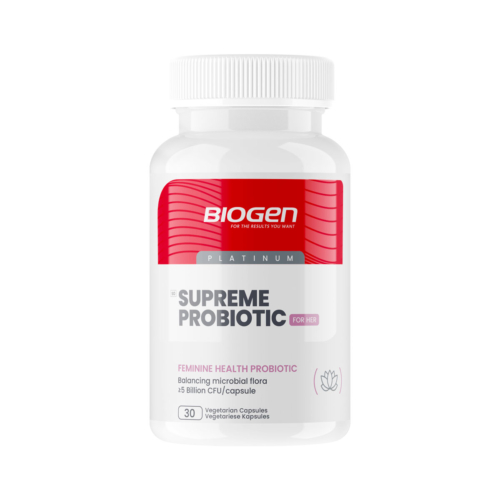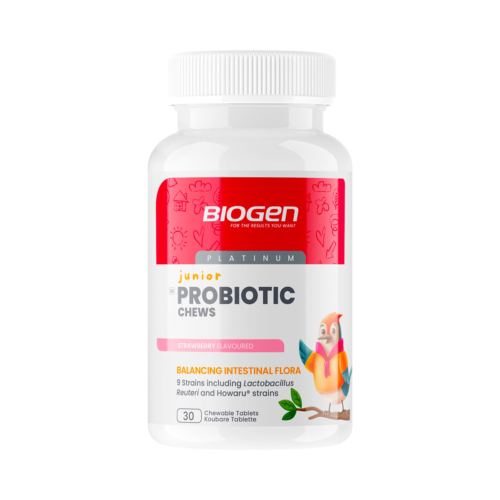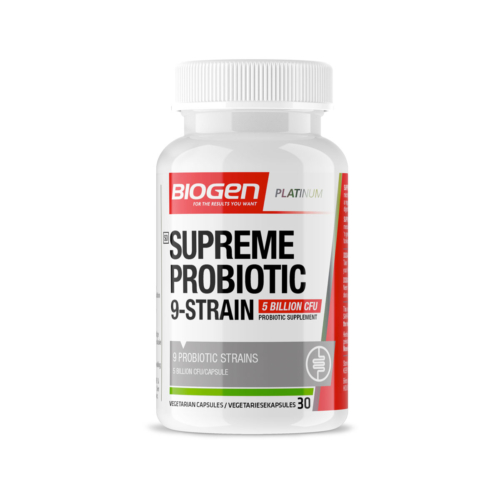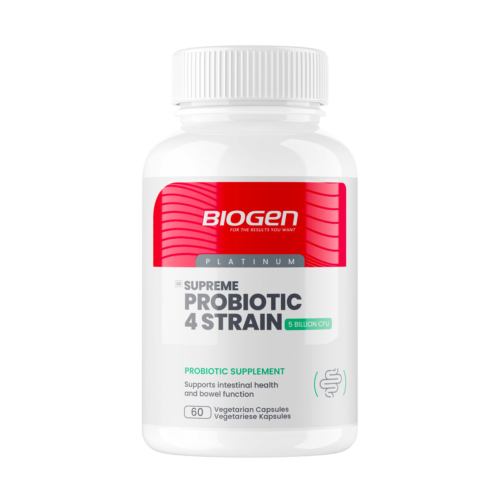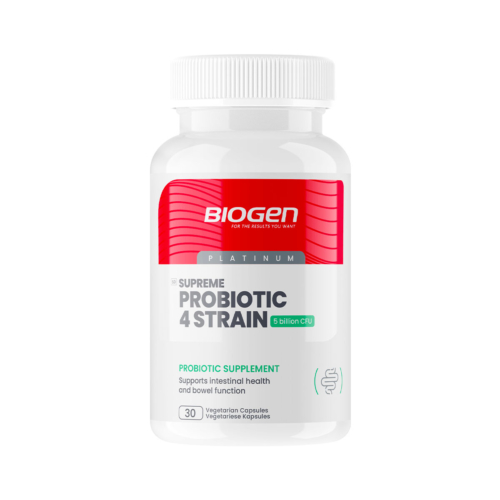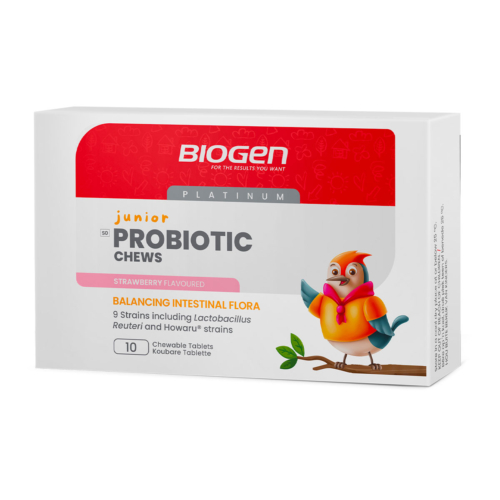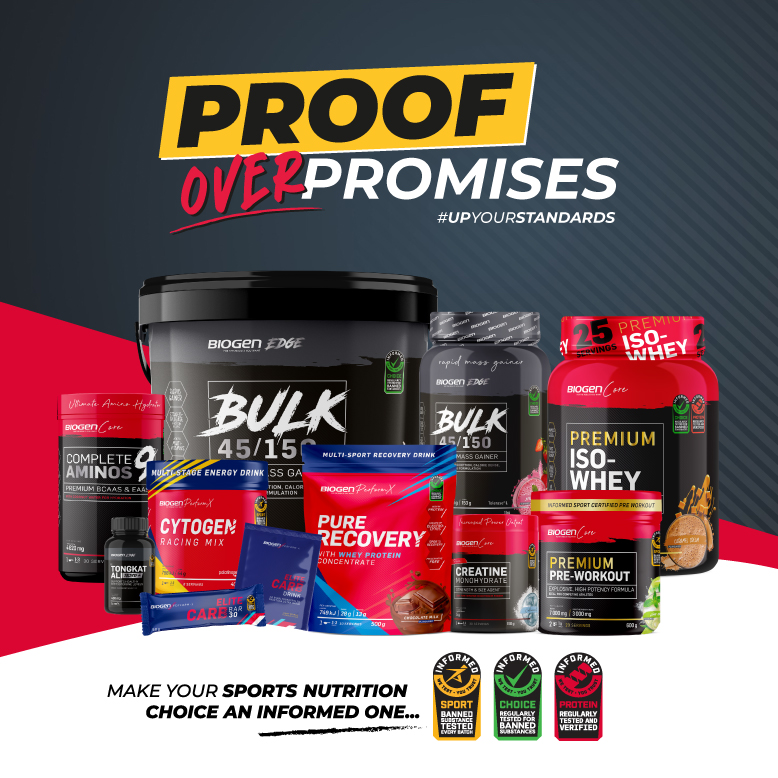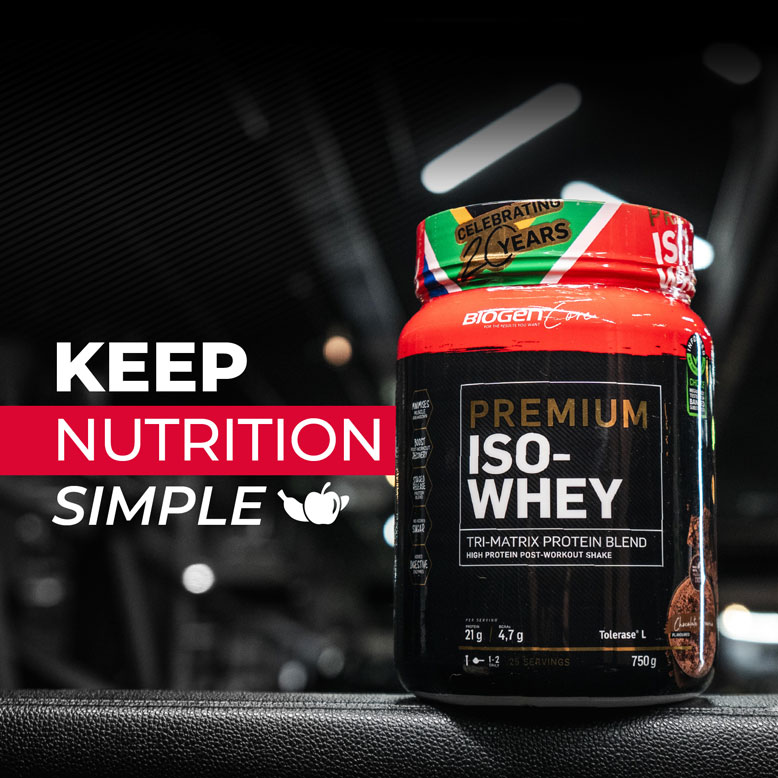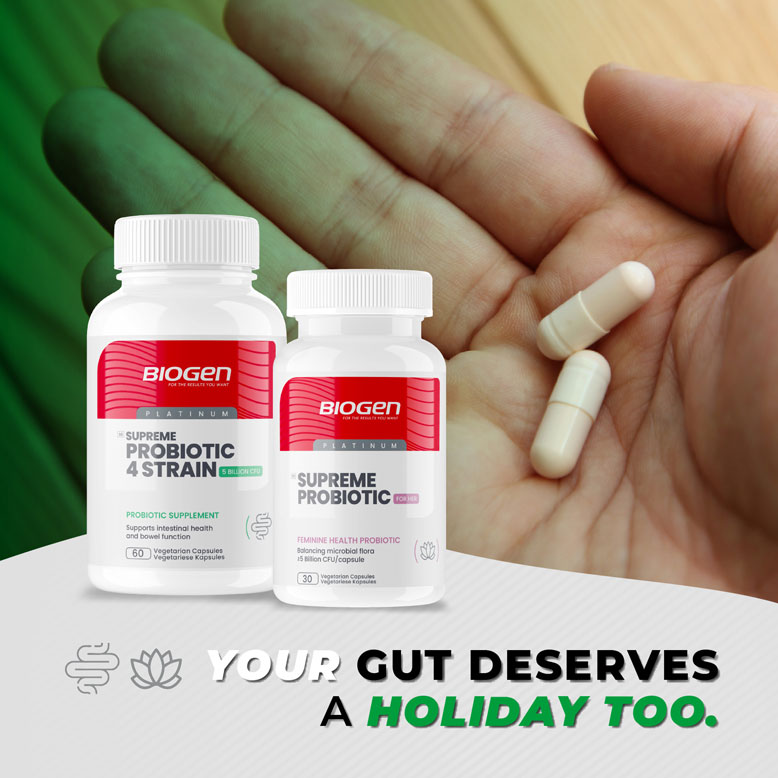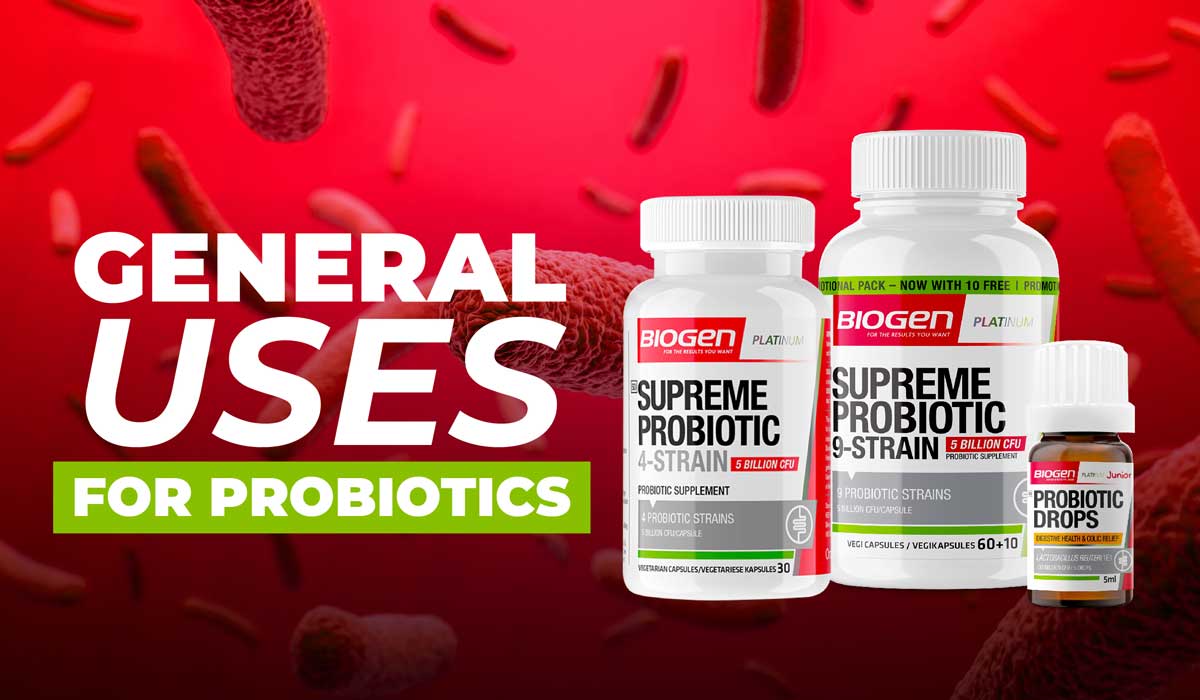
People looking to improve their gut health, digestive function and overall well-being are increasingly incorporating probiotics into their daily diet and supplement plan.
These live microorganisms are beneficial bacteria that offer a range of potential benefits when consumed regularly from a combination of natural whole foods and supplements.
Understanding Probiotics
Probiotics offer potential health benefits that go beyond basic nutrition when consumed in sufficient amounts. They work their magic by rebalancing gut microbiota¹ through replenishing helpful microorganisms – an essential element of sound physical well-being.
Probiotics play a vital role in promoting wellness by enhancing digestive function¹, fortifying the immune system² and elevating mental health, with potential benefits for depression, anxiety³ and cognitive function in older adults⁴.
Probiotic Strains: Key Differences and Benefits
Probiotics vary in strains, each offering unique health benefits depending on their specific properties and functions:
Incorporating Probiotics into your Daily Routine
Integrating probiotics into daily life is key to maximising their effectiveness and reaping their health benefits.
The first step to populating your gut with more beneficial bacteria is consuming more probiotic-rich foods.
Natural sources of probiotics include fermented foods and dairy products, such as:
- Yoghurt: Contains live and active cultures of beneficial bacteria, including Lactobacillus and Bifidobacterium strains.
- Kefir: A fermented milk drink that provides a diverse range of probiotic strains, often including Lactobacillus kefir and Bifidobacterium species.
- Sauerkraut: Fermented cabbage rich in probiotics like Lactobacillus plantarum, supporting gut health and digestion.
Supplementing with Probiotic Products
To ensure consistent intake of probiotics, especially specific strains that may not be readily available in foods, consider taking probiotic supplements:
- Choose Quality Supplements: Look for supplements that list the specific strains of probiotics and ensure they are viable until the expiration date.
- Follow Dosage Recommendations: Take probiotic supplements as directed on the label or as advised by a healthcare professional to achieve optimal health benefits.
Pair Probiotics with Prebiotics
Enhance the effectiveness of probiotics by consuming prebiotic-rich foods that nourish beneficial gut bacteria.
These include fibre-rich foods such as fruits, vegetables, whole grains, and legumes, which provide prebiotic fibre that supports probiotic growth and activity.
Combining probiotics with prebiotics creates a symbiotic effect, promoting a healthier gut environment and enhancing digestive function and immune support.
Biogen’s Probiotic Products
Biogen offers a range of probiotic products to meet different needs.
Incorporating probiotics into your daily routine through food and supplements promotes digestive health, supports immune function, and contributes to overall well-being. By adopting these practices, individuals can harness the full potential of probiotics for improved health outcomes and quality of life.
References:
- Bodke H, Jogdand S. Role of Probiotics in Human Health. Cureus. 2022 Nov 9;14(11):e31313. doi: 10.7759/cureus.31313. PMID: 36514580; PMCID: PMC9733784.
- Wang X, Zhang P, Zhang X. Probiotics Regulate Gut Microbiota: An Effective Method to Improve Immunity. Molecules. 2021 Oct 8;26(19):6076. doi: 10.3390/molecules26196076. PMID: 34641619; PMCID: PMC8512487
- Bistas KG, Tabet JP. The Benefits of Prebiotics and Probiotics on Mental Health. Cureus. 2023 Aug 9;15(8):e43217. doi: 10.7759/cureus.43217. PMID: 37692658; PMCID: PMC10490379
- Kim CS, Cha L, Sim M, Jung S, Chun WY, Baik HW, Shin DM. Probiotic Supplementation Improves Cognitive Function and Mood with Changes in Gut Microbiota in Community-Dwelling Older Adults: A Randomized, Double-Blind, Placebo-Controlled, Multicenter Trial. J Gerontol A Biol Sci Med Sci. 2021 Jan 1;76(1):32-40. doi: 10.1093/gerona/glaa090. PMID: 32300799; PMCID: PMC7861012.


